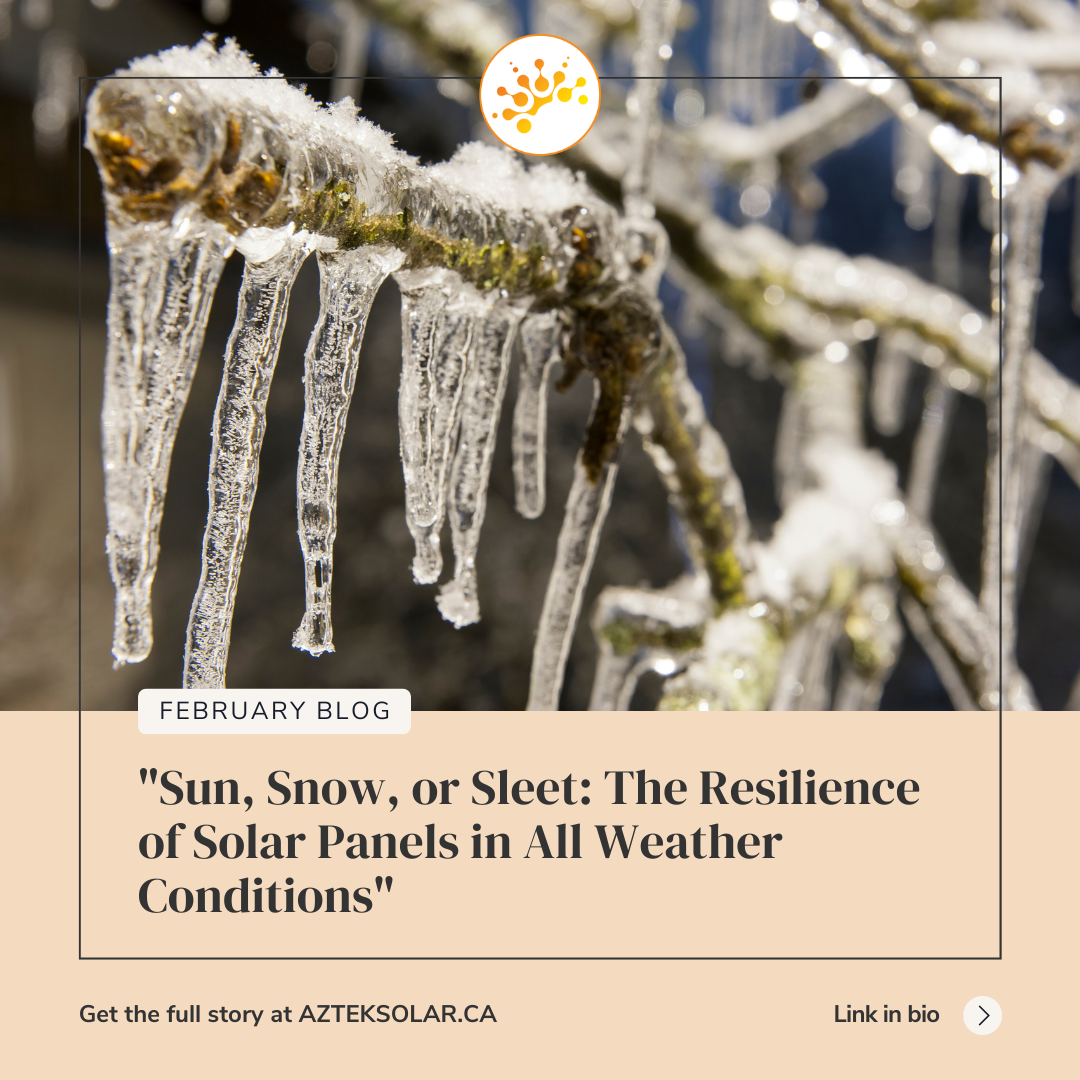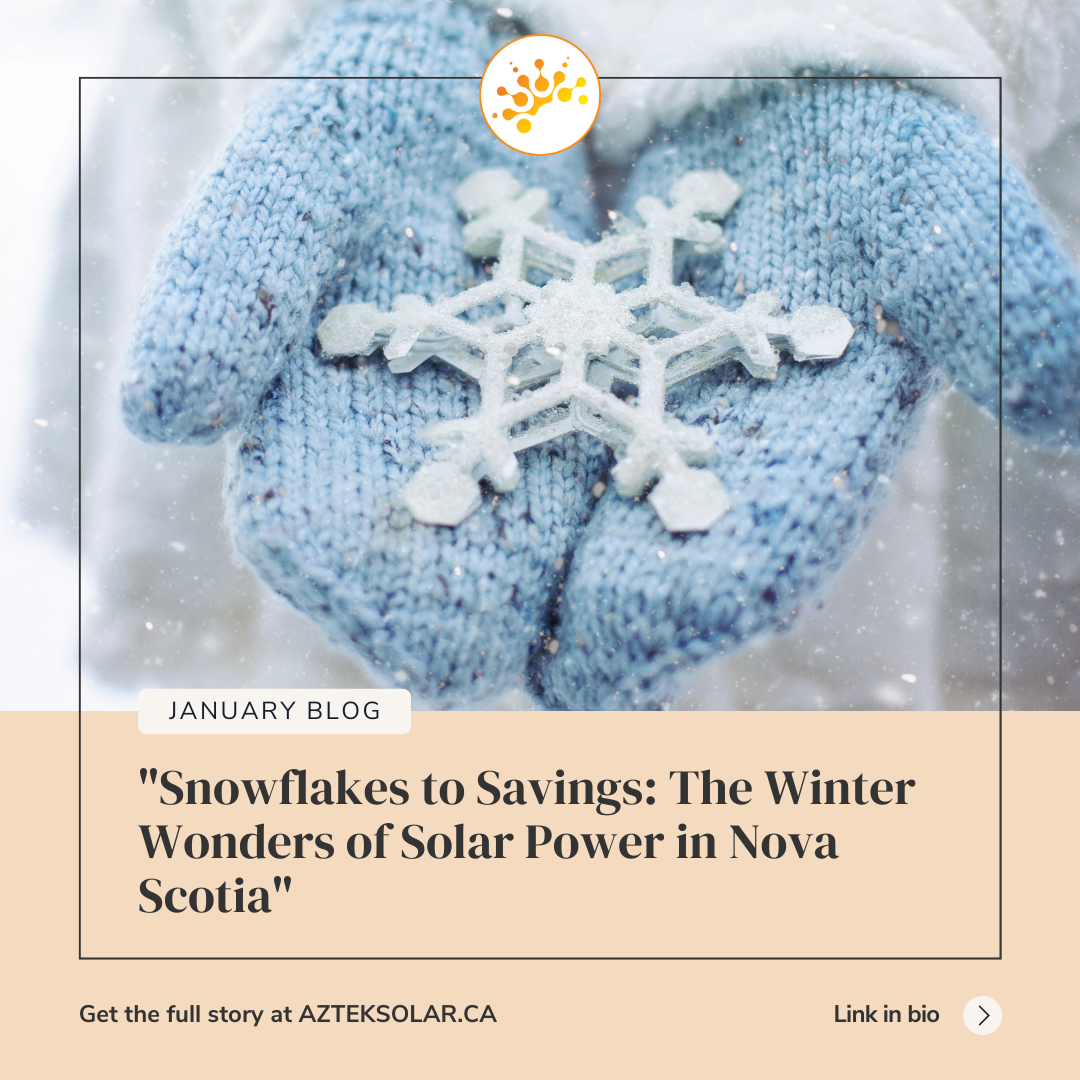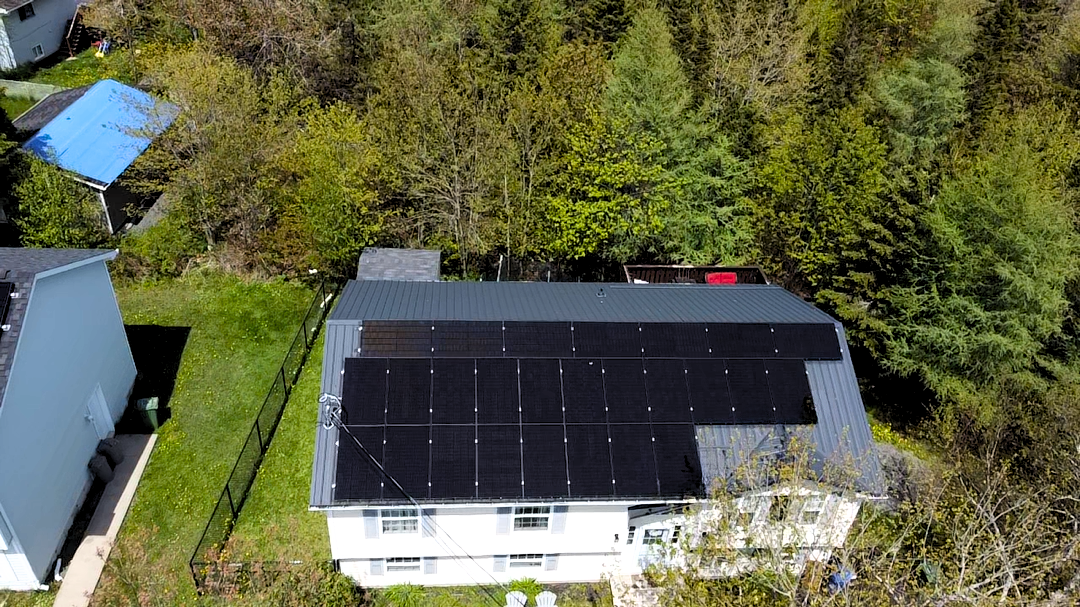Solar Energy For Your Home – What You Can Expect For Solar Energy Savings During The Dark Days Of Winter – Part 1
Savings from residential use of solar energy continue to improve due to increase in solar panel efficiency and lower production costs. Solar is increasingly becoming a popular option to power your home for a variety of reasons. These include reduction in electricity bills and global emission levels, raising a house’s worth and energy independence.
However, use of solar energy during winters still has some question marks and while the dark days of winter can pose a challenge to solar panels, there are plenty of myths floating around. This post will bust all misconceptions and help you manage your expectation and make informed decisions now that winter has finally come.
But before we discuss these myths, it is important to have an overview of the viability of residential solar power projects across Canada.
Financial viability of residential solar power projects
The Canada Energy Regulator (CER) formerly the National Energy Board (NEB), has a report available on its website detailing the financial viability of solar power projects in over 20 000 Canadian communities.
There were four types of solar power projects within the purview of the report titled “The Economics of Solar Power in Canada”: residential, commercial, community, and utility-scale.
Key findings of the residential category are:
Electricity rates of a province or territory has a greater influence in determining the competitiveness of solar power generation rather than the amount of sunlight received.
Majority of homeowners in the provinces of Alberta, Prince Edward Island and Saskatchewan and in Northwest Territories and Nunavut can save money by installing solar.
Now let’s discuss what legitimate challenge does winter really poses to solar energy production.
Does solar power work in the winter?
Perhaps the most common misconception is that solar panels produce little or no energy during the winter. In fact solar panels become more efficient at cooler temperatures than at hot temperatures.
Solar panels only require light, not heat, to produce energy. System components of a solar panel have a negative temperature coefficient, which means they experience less resistance and produce more power during winters. As a result, cold and sunny days are actually among the best for producing energy from solar panels.
Of course energy output does take a hit due to shorter daylight hours, but you will still have enough to warm your house.
Do solar panels work in the snow?
Your solar panel will not produce power if its covered in snow because when snow builds up on panels and blocks light from reaching the cell, that will prevent those cells from producing.
But this shouldn’t discourage you from going solar. Solar arrays tend to slide off snow pretty fast as they are usually mounted on a slope. Plus, solar panels are designed to absorb sun’s ray and trap them, which in turn speeds up the melting process.
More importantly, In a grid-tied solar energy system, the day to day production of solar panels is not as important as the total annual production. Why? It is because of net metering, which is a billing mechanism where the homeowner is billed for the “net” energy used each month.
Thus, you will be receiving credits for the surplus energy you produce during summers and using them to cover deficits during winter.
There are also some useful techniques and tools at disposal that can help you make the most out of your solar energy system. They will be discussed in Part 2 of this series.
What else?
Some provinces have incentivized the use of solar power through rebate programs, which when applied helps in improving ROI.
Also, you can check back in January 2020. We have another awesome article coming up as part 2 of this series. We will share some more information regarding solar panels in winter and how to make the best use out of them.
Thanks for Reading!
Brian McKay
(aka The Solar Guy)


For more information about a Solar Energy Solution, including Whole Home Solar PV and Solar Pool Heating solutions for your home or business, please contact AZTEK SOLAR for your free on-site evaluation and ask about the $3,000 cash-back rebate now available.
AZTEK SOLAR is a leading Nova Scotia residential and commercial solar installer, serving Halifax, Dartmouth and the surrounding areas throughout rural Nova Scotia.
With expertise in a wide variety of systems, including Solar PV (grid-tied) systems, solar hot water and solar pool heating systems, AZTEK SOLAR has helped hundreds of Atlantic Canadian homeowners, farm operations, business owners and municipalities lower their energy bills while reducing their carbon footprint.
#SolarIsNow #RenewableEnergy #AztekSolar




